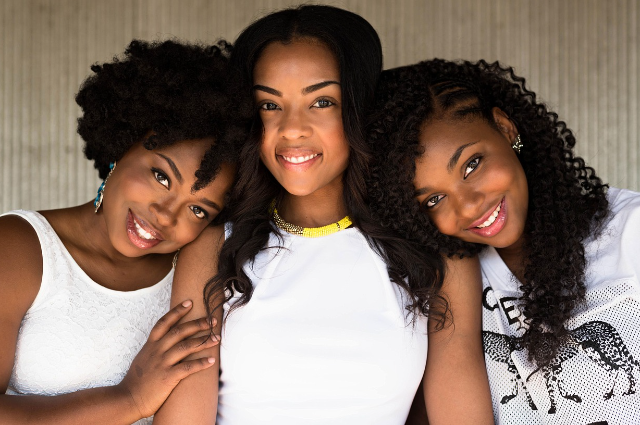
The Age That Refused to Pretend
Every generation inherits a burden, and Gen Z’s inheritance was exhaustion. They had been raised with their parents idealising hard work, their educators preaching hard work without taking a break, and the world rewarding loudness over subtlety. When they came to their turn, they determined they wanted something different. They did not want to chase survival at the cost of self.
This is a generation that looked at chaos and chose calm, that looked at perfection and chose honesty. They saw that “having it all together” often meant barely holding it together, and they quietly refused the performance. Their rebellion is not loud, but it is revolutionary; they have redefined strength as the ability to stop pretending.
They are the first to say, “I’m not okay” and mean it without shame. They have made therapy, self-care, vulnerability and emotional education a norm. To them, resilience has not been silent, but it has been enlightening. It is not the generation shattered by the burden of feeling; it is the one confident enough to actually feel.
The Courage to Pause in a World That Never Stops
Gen Z has made rest political. For a generation raised in the glare of constant connectivity, choosing to log off is an act of rebellion. They have managed to disguise burnout as ambition and have initiated referring to it as a wound. They do not want to carry weariness on their sleeve anymore.
When Simone Biles withdrew from the Tokyo Olympics, citing mental health, the world gasped. But Gen Z understood. They did not interpret weakness; they read it as wisdom. This was the case with Naomi Osaka, who declined post-match interviews in an attempt to preserve her peace. These were not a tale of renouncing; these were reminders that self-preservation is strength disguised.
This generation has learned that you can’t pour from an empty cup. They are no longer chasing endless productivity but conscious living. They redefine success not as constant motion but meaningful pause. For them, healing isn’t a luxury; it’s maintenance.
The Beauty of Boundaries
Boundaries are Gen Z’s new love language. They have learned what older generations struggled to say: “I care, but I also need space.” They were raised to see how families break down owing to unspoken pressures, relationships decay owing to unhealed lines, and workplaces celebrate burnout. Now, they are saying no without apology.
A young professional refusing to answer emails after 7 p.m., a student skipping a party to rest without guilt, or a content creator taking a month offline, these are not acts of selfishness. They are acts of survival. This generation has realised that to sustain a connection, one must first preserve oneself.
They understand that boundaries are not walls; they are doors that open intentionally. Gen Z has coined expressions of emotional safety in relationships - consent, space, energy. They know that love cannot thrive without respect, and respect begins with saying, “This is what I need.”
What older generations saw as detachment is, in truth, discipline. They’re not afraid to outgrow people, jobs, or cities that shrink them. Theirs is a generation that doesn’t measure closeness by constancy, but by consciousness.
The Revolution of Softness
The greatest rebellion of Gen Z is softness. In a culture built on competition, cynicism, and curated perfection, they have dared to be sincere. They cry in public, discuss therapy, write about grief, talk about recovery, and do not want to make pain a secret.
They are the children of collapse who still choose compassion. Greta Thunberg, quietly relentless in her activism; Zendaya, who carries fame with grace and grounding; millions of creators and students who speak about mental health not as confession but as connection, all show that gentleness is not weakness; it is clarity.
The softness of Gen Z is not the fragility; it is emotional literacy. It enables them to be emotional without getting lost. They understand that caring is not naive; it is courageous. The world taught them to armour up, but they chose to open up instead.
And perhaps that is what makes them powerful. They are demonstrating that non-hard-edged healing can still be effective, and understanding compassion remains among the most effective change instruments.
The Generation That Chose Healing Over Hustle
Perhaps Gen Z is not the lost generation; maybe it is the first to be found. They are not spoiled, delicate and disconnected; they are just fed up with leading a life where survival is the sole purpose. They have decided to balance burnout, find community in competition, and mindfulness in mania.
This is the generation that understands that peace is not passive, but it is fought for. They transform maturity not through perseverance, but through emotional consciousness. They do not want to be inseparable; they want to be natural. They have sold perfection to presence, and authenticity to applause.
Their uprising is silent, but it is contagious. It resides within the refusal to hurry, within the power to sleep, in the mere power to say no without feeling guilty. Gen Z is not fleeing to the world; they are transforming it.
And perhaps, in the end, that is their legacy: a reminder that strength does not always roar. Sometimes, it simply breathes.
